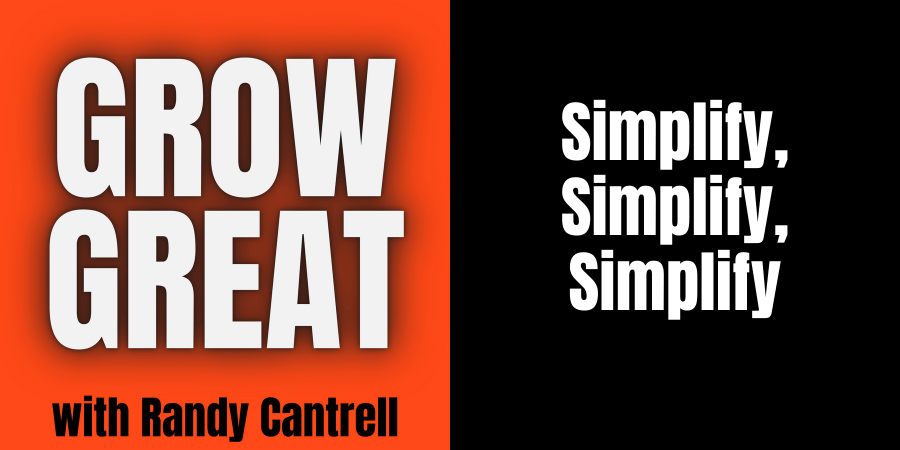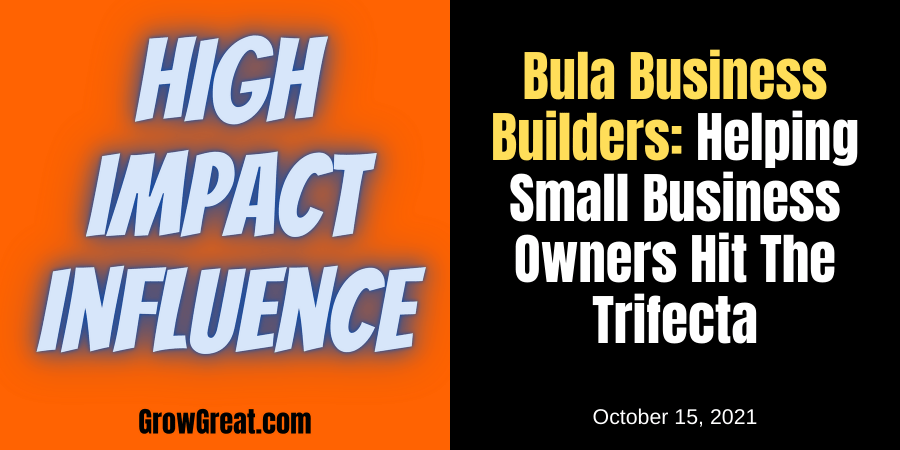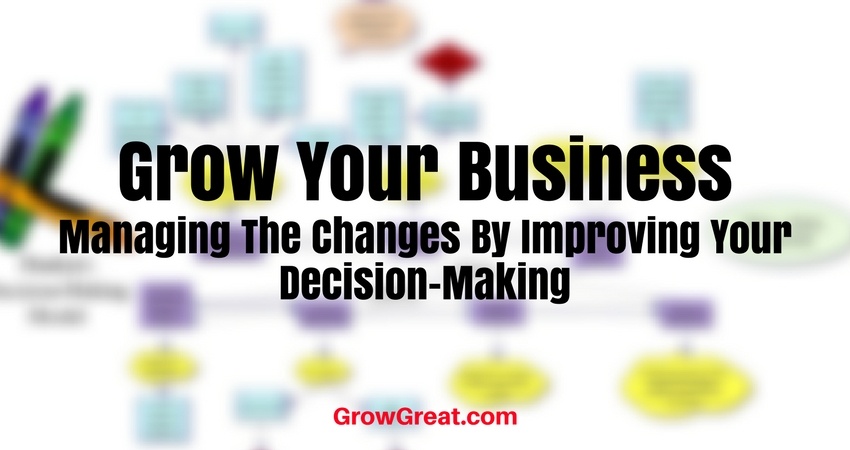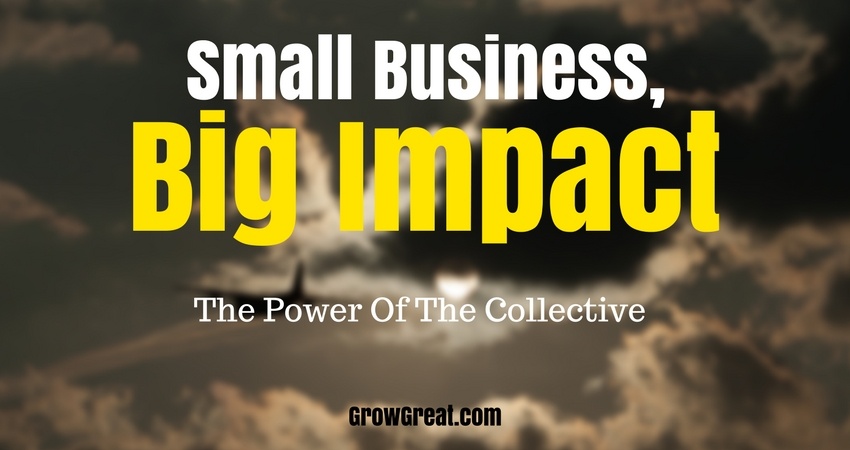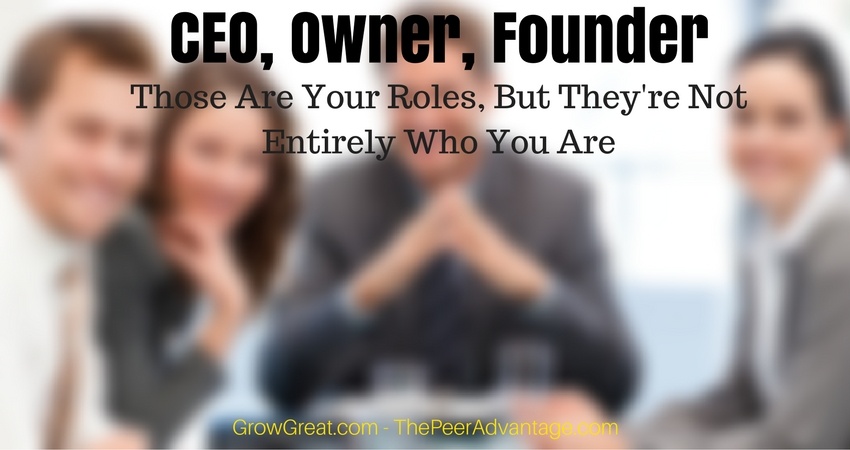Simplify, Simplify, Simplify
Podcast: Play in new window | Download (Duration: 13:16 — 12.1MB)
Subscribe: Apple Podcasts | Spotify | RSS | More
That’s right. Returning to my roots and a simpler way to go. After all, the short way here to the website is GrowGreat.com. It’s a terrific URL because it’s short, simple and easy to remember.
During the Holiday season, I engaged in a few conversations with friends about how I was craving a simpler life. In every way possible. Repeatedly I’d say, “I’m not interested in how many plates I can keep spinning. I’m looking to spin fewer plates that matter more.” I wound up writing on my whiteboard the title of today’s show, but it wasn’t a show title. It was a personal admonition – verbs. Simplify, Simplify, Simplify.
I don’t know why I wrote it down 3 times in a row, except I assumed it was to reiterate it so I’d get it through my head that “THIS is my current ideal outcome.” And it is.
During the 4th quarter of last year – October through December – I had so many meetings where some semblance of that was the theme. Not because I directed the conversations in that direction, but the other person was so craving it in their professional and personal life. Younger folks. Older folks. Women. Men. Married. Single. It didn’t seem to matter. It was as though we were all seeking the same thing – a more basic, simple way of living.
In early October it began with a conversation about leading direct reports. I asked, “How often do you get everybody together?” I didn’t mean because of Covid. And I didn’t mean in person, face-to-face. I meant it quite literally, “How often do you all spend time together?” This leader had about 6 direct reports. He said he tried to have a “staff meeting” (translation: getting his team together) once a month.
I asked, “Is that frequently enough to suit you?”
He had a harder time answering that than I anticipated. It was as though he was trying to figure out how his answer might affect how I felt about it all. 😉 I remedied it by saying, “Makes no difference to me, I’m asking if it suits YOU? Maybe more importantly, does it suit THEM?”
“It probably should be more frequent, huh?” he answered. Well, he was really asking me for an opinion.
As the conversation unfolded he realized how wrong it felt to him to not get together with these people more frequently. The more we focused on how once a month likely impacted his team of direct reports he muttered, “It’s so crazy and chaotic.” And there was the rub. Going crazy in the process of leading people. Going crazy in the process of managing the work. Craving simpler. Craving a more straightforward way of life.
“What’s stopping you?” I asked. “Where are the constraints?”
He rattled off a few things that consumed his time. Things he didn’t’ value much. Some of them beyond his control. Most of them well within his control.
Eventually, he stopped and said, “I guess it’s on me.”
We were off to the races working to figure this out for him. But both of us knew the answer was largely going to come down to one thing. Making up your mind.
We mostly do what we make up our mind to do. Period. End of story.
We mostly neglect getting done those things we’ve yet to make up our mind about. Period. End of story.
Here I am, over 3 months later, sharing with you the profound, but simple truth that YOU can simplify your life. You can decide right now to change some things that may be driving you crazy.
Like my title of this podcast – a podcast that I’ve been doing for years and years. But I’m no different than you. I can be prone to overthink it. Over do it. Slather on layer after layer of things and stuff. Most of which don’t matter. Until the weight of it all compels me to crave more and more basic, simple and straightforward. Like Mr. October.
So during the Holidays I started jettisoning stuff. Including offers and things I was doing that I no longer wanted to do. Pursuits that may have been perfectly fine, but pursuits that didn’t matter as much to me.
I asked Mr. October, “Describe how this complexity and chaos took over.” Turns out neither of us was very surprised. Like adding a coat of paint, he slathered on a color. It’d dry and he’d quickly open another can of metaphorical paint, different color. Slather it on. It’s dry and on he’d go. Turns out he was busy painting, but painting wasn’t what he wanted to be doing. Nor was it the thing he was best at. He didn’t start out to be this proverbial painter, but he wound up doing nothing but painting!
I could relate.
Simplify, simplify, simplify means doing the most important work – our best work – and letting go of the rest, to whatever degree we’re able. It means looking in the mirror to truthfully acknowledge what we’re doing – to see if we’re doing what we most want to be doing. And if we’re doing what we’re best at.
Like that famous Einstein quote, “Fish don’t climb trees.” Sometimes we have to stop and ask ourselves, “Am I fish trying to climb trees?” Sometimes, like Mr. October, that’s exactly what we’re doing. Or trying to do. And that chaos and commotion result in driving us crazy.
What would you like to quit? Right now. Today?
What would you like to give somebody to do? Something somebody could likely do much better than you? And something you hate doing?
What value are you leaving behind? For Mr. October, he decided that once a week he wanted to get his group of direct reports together to leverage their skills in helping each other. By the way, in the first announced “weekly” meeting he set the tone and reported the energy was “higher than I’ve seen in years.” Turns out the team was craving the same simplicity he was craving.
As a leader, you’re a finite resource. I know you think you have infinite reserves, but you’re wrong. Keep it up and in time you’ll visit a doctor who may be able to convince you that this stress – the chaos and commotion of doing crazy – will kill you. But first, it’ll kill your organization, your business, your team and your effectiveness.
Avoid all that. Let this year be the year you make up your mind to find your way to the basics of what really matters. Find those things that can really move the needle in a positive direction. It’s not about adding another coat of paint. It’s about getting the fit and finish fine enough to serve the purpose well.
Be well. Do good. Grow great!

Simplify, Simplify, Simplify Read More »
